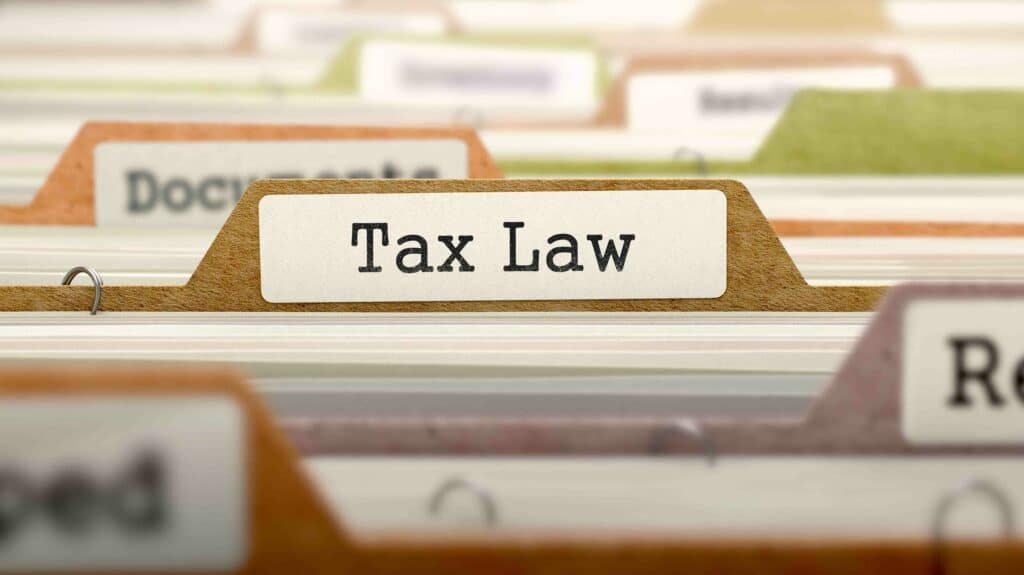State Aid Uncovered Blog
In Lexxions Blog „State Aid Uncovered” veröffentlicht Prof. Phedon Nicolaides wöchentlich kritische Analysen zu den neuesten Urteilen und Entscheidungen zu staatlichen Beihilfen. Jeder Beitrag stellt die wichtigsten Punkte eines Gerichtsurteils oder einer EU-Kommissionsentscheidung vor, ordnet sie in den Kontext ähnlicher Rechtsprechung oder Praxis ein, bewertet die zugrundeliegende Argumentation und zeigt etwaige Ungereimtheiten oder Widersprüche auf.
In loser Folge werden auf diesem Blog auch Gastbeiträge von anderen Experten für staatliche Beihilfen veröffentlicht, welche die Inhalte der Blogbeiträge ergänzen.

State Aid Uncovered ×
The Extent of the Discretion of Member States to Define Services of General Economic Interest (SGEI)
State Aid Uncovered ×
The Extent of the Discretion of Member States to Define Services of General Economic Interest (SGEI)
State Aid Uncovered ×
The Extent of the Discretion of Member States to Define Services of General Economic Interest (SGEI)
Sie möchten einen Beitrag einreichen oder zur Weiterentwicklung des Blogs State Aid Uncovered beitragen? Weitere Details finden Sie auf der englischsprachigen Seite.
Gastbeitrag einreichen












